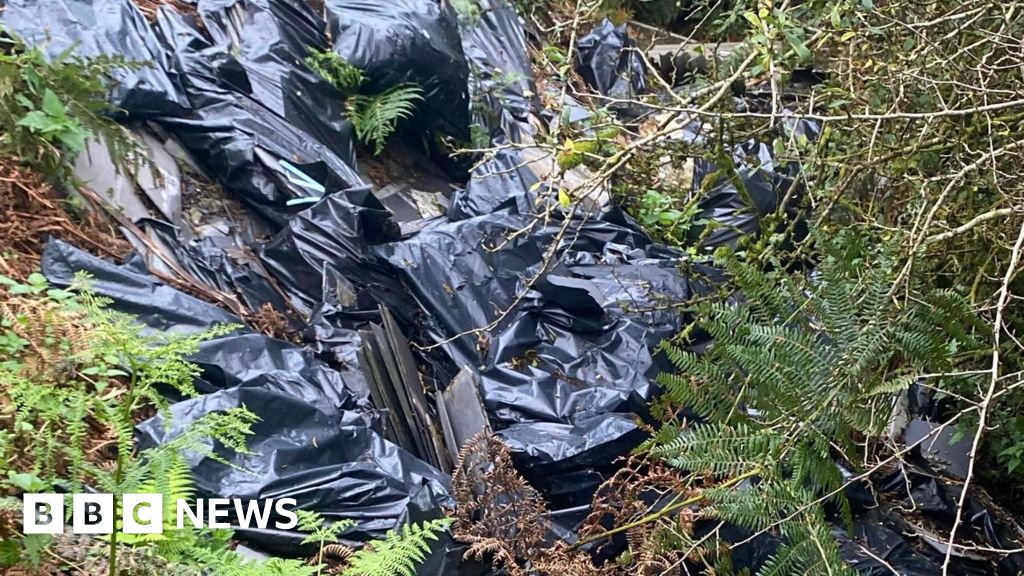Your cart is currently empty!

Williams Brown
Lorem ipsum dolor sit amet, consectetur adipisicing elit. Dolor, alias aspernatur quam voluptates sint, dolore doloribus voluptas labore temporibus earum eveniet, reiciendis.
Latest Posts
- Secret Service Director Sean Curran offers behind-the-scenes look at what it takes to become an agent
- Girl, 14, killed by lion in Kenya
- Calls for US action amid growing violence against Christians in Nigeria
- Pope wishes worshippers Happy Easter after serious illness
- DR Congo bans ex-president’s PPRD party over alleged M23 links
Categories
Archive
Tags
Social Links

Residents in Cornwall have been asked to report any suspicious activity that could harm the environment amid efforts to crack down on offenders.
It follows a report commissioned by the Cornwall and the Isles of Scilly Local Nature Partnership (CIoSLNP).
The report recommended a centralised website, better reporting, better public engagement and reduced prosecution costs.
A new web page has been created listing organisations in Cornwall to contact to report illegal tree felling, poaching, animal cruelty, illegal camping, river pollution, illegal fishing and disturbance to marine wildlife.
Lord Teverson, chair of the Cornwall and Isles of Scilly Local Nature Partnership, said: “If there is one thing I have learnt as a law maker, firstly in the European Parliament and now in the House of Lords, it is that there is absolutely no point in passing laws and new legislation if no one is going to enforce them.”
He added: “So that’s why, as the Cornwall and Isles of Scilly Local Nature Partnership, we have taken this issue seriously and have produced a simple guide to reporting environmental damage and crime.”
The review team, which included the University of Exeter, identified “critical” issues that hindered environmental compliance including confusing regulations and overlaps in regulatory activities.
Dr Tiago de Melo Cartaxo, lead of the Exeter Centre for Environmental Law, said: “We hope this report and its recommendations may allow agencies to move towards more effective, efficient, and sustainable environmental governance, taking opportunities to reform and improve the environmental regulatory landscape.”
